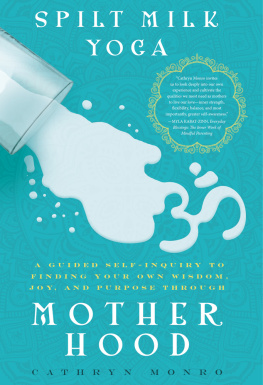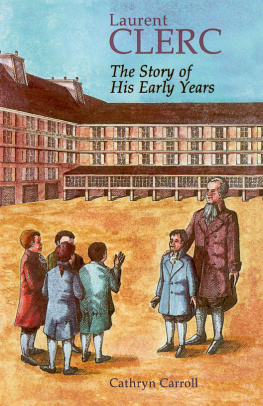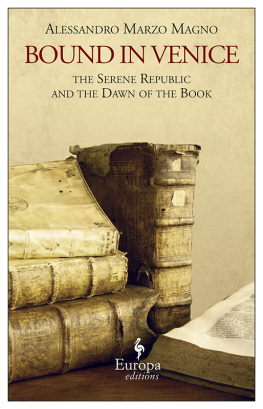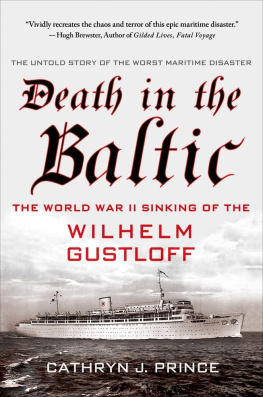M IDDLE E AST S TUDIES
H ISTORY , P OLITICS, AND L AW
Edited by
Shahrough Akhavi
University of South Carolina
A R OUTLEDGE S ERIES
Published in 2002 by
Routledge
29 West 35th Street
New York, NY 10001
www.routledge-ny.com
Published in Great Britain by
Routledge
11 New Fetter Lane
London EC4P 4EE
RoutledgeFalmer is an imprint of the Taylor & Francis Group
Copyright 2002 by Routledge
All rights reserved. No part of this book may be reprinted or reproduced or utilized in any form or by any electronic, mechanical, or other means, now known or hereafter invented, including photocopying and recording, or in any information storage or retrieval system, without permission in writing from the publisher.
10 9 8 7 6 5 4 3 2 1
Library of Congress Cataloging-in-Publication Data for this book is available from the Library of Congress
ISBN 0-415-93517-2
This work is dedicated to my four grandparentsthey each in their own way showed me what can be accomplished with love, courage and determination.
Contents
C HAPTER I:
S ETTING THE I SRAELI S CENE
C HAPTER II
M INDING THE P OLITICAL G AP : T HE N EED FOR AND D EVELOPMENT OF A C ONCEPT OF P OLITICAL C APITAL
C HAPTER III
R EVEALING P OLITICAL C APITAL : M ETHODS OF D ISCOVERY
C HAPTER IV
NGOs OF T HEIR O WN : W OMEN C IAIM P UBLIC S PACE FOR P OLITICAL I NFLUENCE
C HAPTER V
C ONCLUSION
THE SUPPORT OF MANY FAMILY, FRIENDS AND COLLEAGUES MADE THIS WORK thank my parents, whom I hold in deepest respect. They have given their unmitigated support even when my paths have seemed blurred. The caring foundation they laid made it possible for me to begin and complete this journey with confidence. Special thanks go also to Zia Susanna and Zio Pietro who consistently encouraged my every step and inspired me to continue keeping focus and balance throughout, and to my Aunt Angela who awakened me to feminism decades ago.
My academic career has been guided tirelessly by Professor Gita Steiner Khamsi, and I owe her tremendous thanks. She encouraged me to make a unique contribution and insightfully commented on my successive drafts. Her dedication to comparative education has inspired my academic work and future career, and she has instilled in me an interest in and a responsibility to the wider comparative education field, for which I will always feel indebted. I also offer great thanks to the other members of my dissertation committee: Professor Robert Crain, Professor Hope Leichter, Professor Peter Coleman and Professor Carol Gould.
I would like to thank the scholars who assisted me while in Israel: Professor Hanna Herzog of Tel Aviv University and Professor Yael Yishai of the University of Haifa. They provided feedback to my early research design and questions and led me to important relevant literature and data.
I owe debts of gratitude to the many people who helped facilitate my data collection abroad in various ways. I would like to thank especially Tricia Tibbetts and David Greene who opened their home to me in Cairo, and Leora Spitz and Danny Mauda who did the same in Jerusalem. Without them, I could not have accomplished so much so quickly, and Leora and Danny deserve special thanks for their unending patience in answering my infinite questions.
I need to thank friends on both coasts and across the Atlantic. Huge thanks to the TIP gang, especially Laura, Maria, Annie and Parker, who were steadfast in their encouragement and provided fun and release throughout these years of study. Without their solid friendship my ability to maintain scholastic enthusiasm would have waned. To my Teachers College and CICE colleagues, who are now such good friends, I admire you and thank you for comradeship both in crisis and in celebration.
Finally, I would like to offer my deepest admiration and gratitude to the many women who provided their time and insights, and opened their offices and living rooms to me and my tape recorder. They are the foundation of this study and I am truly thankful.
C.S.M.
THIS BOOK PRESENTS VOICESVOICES OF WOMEN WHO STRIVE TO ACHIEVE social change through political means by participating in nongovernmental organizations (NGOs). My research demonstrates the public nature of those voices by highlighting the influence of the NGO sphere on formal policy and politics. Women in NGOs carve new spaces where their voiceshistorically diffused and obscuredare legitimate and authentic in their diversity. This is a far cry from ancient Greece, where womens voices were heard by decision-makers, but only after their agency was denied and their opinions revised. The Pythian voices were those of women at the Delphi oracle; the Pythia were believed to channel the wishes of the gods when they advised kings and other great leaders of the day. Although the Pythia were well-respected and cared for, in all likelihood they were under the influence of narcotic gasses emitted by deep fissures in the earth. Furthermore, male priests interpreted the advice of the Pythia. This book illustrates the need to search for womens political voices in non-traditional spheres of influence. Just as the Greeks of old looked to the Pythia for guidance in important political matters, today we must recognize NGOs as modern-day oracles, providing platforms for womens voices to transform the political arena. In listening to these reinvented Pythian voices, we can envision inspired pathways to more participatory democracy.
N EW P YTHIAN V OICES
Chapter I
Setting the Israeli Scene
FIFTY YEARS AFTER ISRAEL WAS ESTABLISHED AS A DEMOCRATIC STATE, WOMEN remain grossly underrepresented in the formal political arena. This is despite the legacy of Prime Minister Golda Meir, ostensible military equality, and lack of gender gaps in educational attainment or voting rates. Does this mean that women are simply not political? I believe the answer can be found by examining recent developments in Israeli civil society. Over the past 1015 years, there has been a flowering of womens non-governmental organizations (NGOs) in Israel. In this study, I investigate three aspects relating to this new NGO sphere: one, the reasons for the growth of NGOs; two, the kind of learning that occurs in these new political spaces; and three, the political and social implications of womens NGOs.
The NGOs analyzed in this study are organizations acting within the State of Israel. I do not include international or quasi-international organizations, although external and international organizations affect the work of the national NGOs I examine. NGOs are therefore defined as non-profit organizations working for socio-political change outside of the formal political system of a given nation-state, in this case Israel.
The Israeli setting attracted my attention for two reasons. First, because women tend to participate in NGOs in large numbers there, and this contrasts starkly with their low levels of participation in formal politics. Second, because the goals of many of the new NGOs relate to peace and the resolution of conflict in the region, and I was interested in assessing to what extent living in a conflict society motivated women to become politically active. I am particularly interested in knowing how the formal political system can be and is affected by the political work being done by women at the NGO level.










